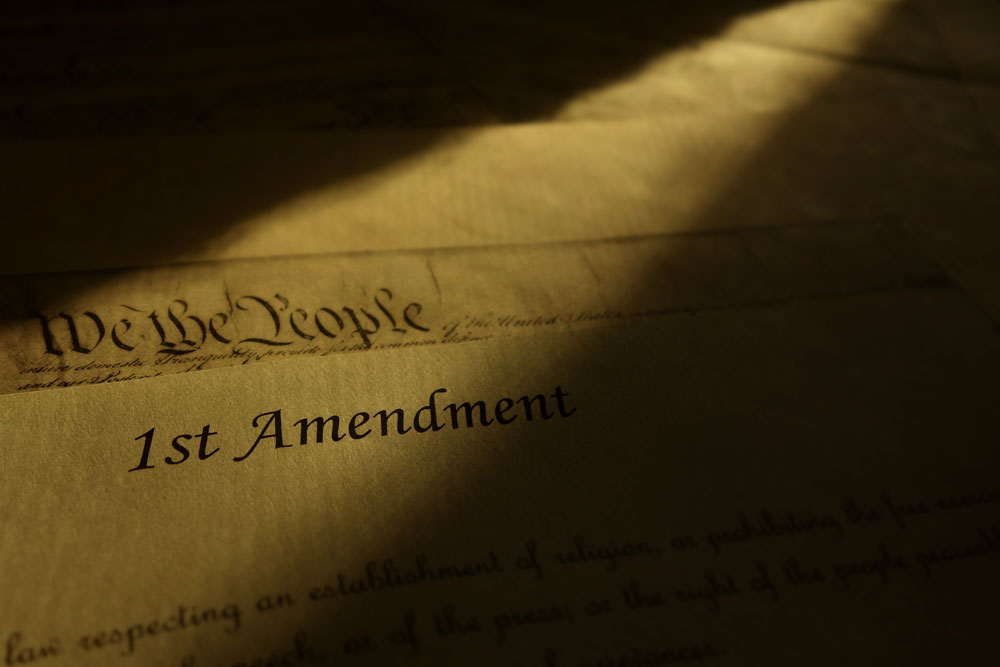On April 12th, 2022, I attended the DVUSD Governing Board Meeting. My initial intention was to speak in support of a very important agenda item that was up for a vote – an increase in employee salary. Arizona regularly ranks toward the bottom of pay for employee pay around the nation. Not only does this have an effect on employee satisfaction, but it also hinders our ability to attract and retain qualified staff. I am a firm believer that employee satisfaction has a direct impact on the education our students receive – and these employees deserve more money, benefits, and appreciation than we currently provide.
Prior to the meeting, I was informed of an attempt by some political groups to urge the board to prevent students from participating in the National Day of Silence, an exercise in civil disobedience to raise awareness and make a statement against bullying of LGBTQ+ youth. It consists of students staying silent throughout the school day and breaking the silence at the end of the day with words of support. This day of solidarity has been around since 1996, and some students have chosen to participate in this protest for as long as anyone can remember. The district does not condone nor support it, and there have never been any reported problems from participation by students.
Participation in the National Day of Silence is protected by both the First Amendment and Title IX. In a landmark Supreme Court case from 1969, Tinker vs Des Moines, the court solidified students’ right to free speech while on school property. This case set a precedent that has been used over and over to protect the free speech rights of students, including in situations similar to this. In addition, Title IX has recently been updated to include protections for the LGBTQ+ community. The equal protection clause of the 14th Amendment also establishes that “when a state establishes a public school system, no child living in the state may be denied equal access to schooling” – this has also been used to argue that if any student groups exist, that GSA and LGBTQ+ student groups must also be allowed to exist. So whether a student or parent agrees or disagrees with this type of protest, as long as it falls within a very loose set of guidelines set, the district is constitutionally obligated to allow participation.
I believe in the First Amendment. I believe in equal rights. I believe that every single student, community member, and human has the right to live their lives free of exclusion and hate. I will use my voice to fight for every student and family, no matter what they look like, where they come from, or who they are.
Full speech below:
Esteemed members of the governing board, I’m here tonight to talk about two things.I’d like to start by showing my appreciation for your consideration of the increase in employee pay tonight. Our district, transportation, and school employees are the most important assets in our public education systems, and while money alone can never show how appreciative our community is of these people, it’s a good start. I would implore that over the coming school year, the district and governing board members continue to find ways to increase employee pay and benefits to ensure that we have a chance at retaining and acquiring qualified staff that our children’s education is so dependent on. Parent’s listening, I would ask that you also reach out to your kid’s teachers and let them know how thankful you are for the time, hard work, and passion they put into our community’s children. For too long we’ve taken our school employees for granted, and it’s more important than ever to show our appreciation.Secondly, I’d like to talk about a student’s right to freedom of speech. There have been a lot of discussions recently about whether or not the district should allow students to participate in days of recognition, protests, or simple civil discourse. I would like to remind everyone that a student does not shed their constitutional rights to free speech and expression at the school gate. This has been ruled on by the Supreme Court on many occasions, most historically in the 1969 ruling in Tinker vs Des Moines that set a precedent and cemented students’ rights to free speech in public schools. With very few exceptions, of which the bar of standards is very high, we are constitutionally bound to allow our students to participate in activities that are protected by the first amendment.Thank you for your time and service to our community.



